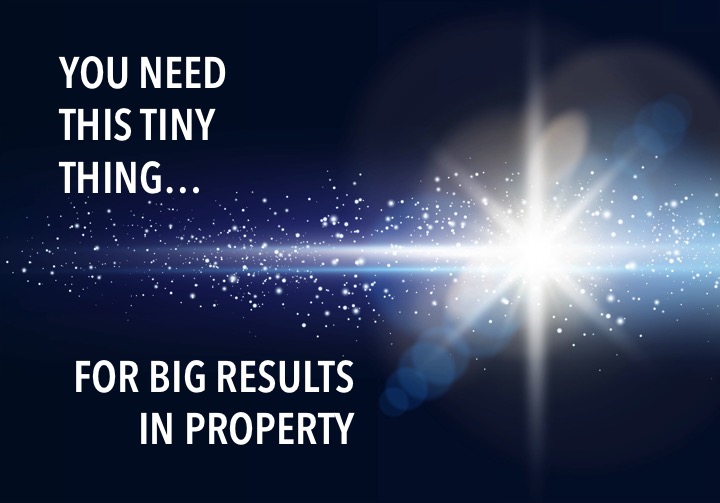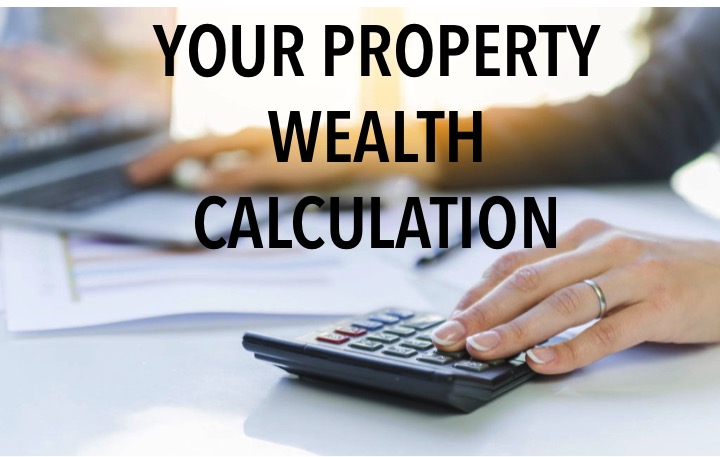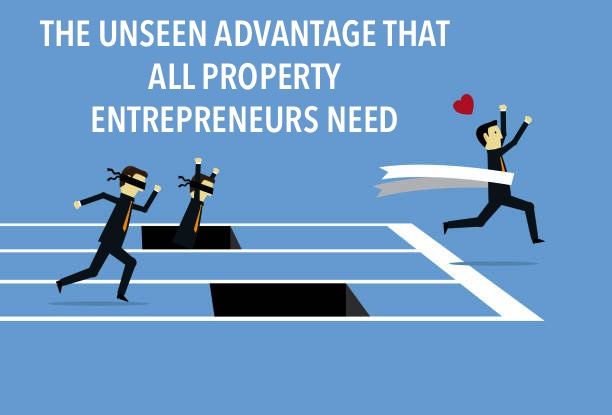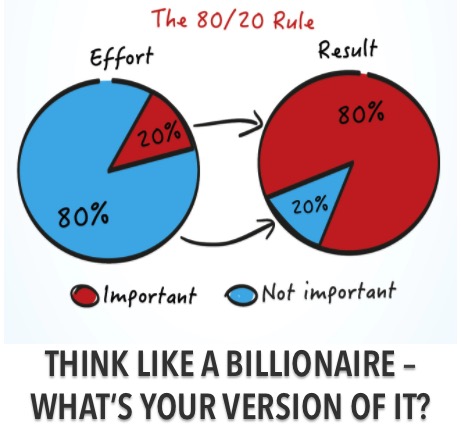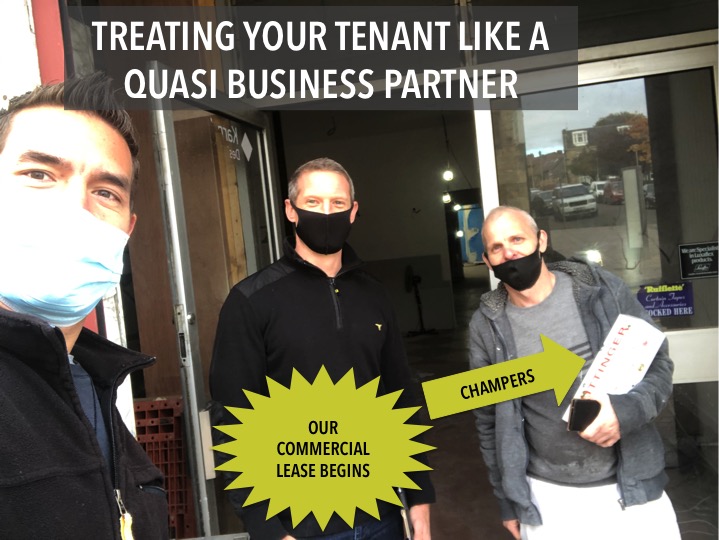Over the last 3 years, my blog post in the final week leading into Christmas has followed the same theme – about ‘presence’ over presents. I want to stick with that theme and add in a little piece about happiness too. As a father, husband, son, brother, uncle, godfather and friend, I’ve gradually come to realise over the years that the magical time of Christmas is an opportunity for so much more than giving and receiving nicely wrapped presents.
Don’t get me wrong, I love to give presents, and my kids in particular love opening them but what I’d really like to teach them by example over the years, is how to be fully present and create rich memories.
Whilst many of us won’t get to be with extended family this year (for us, our big family gathering in Spain can’t take place) I wanted to share a few ideas from my Christmas blog post last year that we can still do (even in our scaled back Christmases) to enhance the time we have with our loved ones and create enriching and lasting memories.
Here they are:
#1: CAPTURE THE MEMORIES
-make a conscious effort to pull the phone out and take some quality pictures of your loved ones laughing, playing, dancing etc (be sure not to bury your head in texts or social media, get back to that family meal/game/chat and really be there). Then be sure to schedule time over the holidays to compile your photos into an album (physical or online) to share with those you love for years to come.
#2: TIME vs TRINKETS
-in place of impulse buying gifts to bulk up what’s under the tree, write out a Christmas card or hand decorated note with a selection of experiences you will share with that person next year (I love this one – I did it for each of my kids last Christmas and this year we created special memories 1-to-1 with each of them. For my youngest, who loves crafting, I ordered a set of cardboard den building boards- we spent most of a Sunday together designing and building a den, making hotdogs and then crawling inside the den to eat our lunch and watch a movie. My middle son chose to do the high ropes course and zip wire at Go Ape, followed by a burger, and my eldest chose to have a go at clay pigeon shooting. We created wonderful memories and photos together and I know they appreciated the 1-to-1 time when normally everyone is talking over each other.)
#3: DON’T JUST GET TOGETHER, GIVE TOGETHER
-It has been said that families who give together make lasting and meaningful memories together.
-This might be organising a financial donation to a chosen charity, giving out soup and sandwiches to the homeless or any number of different charitable things.
-Last year my wife and I organised a surprise dress up night with a twist, a little like a secret santa where we had to buy an outfit from a charity shop for another family member on a £20 budget. There were 17 of us so we donated in the region of £340 to various charities by buying up old clothes and random accessories, and then after the party we donated all the goods to Cancer Research for them to sell on again.
This year we will carry on the tradition with our kids, just on a smaller scale.
‘TIS THE SEASON TO BE JOLLY….
So, a quick note on happiness as promised at the beginning.
This year has certainly thrown it’s challenges at everyone and that’s really taken us on an emotional rollercoaster. In amongst that however, it feels like in many cases, that lockdown has helped many find happiness in simple things again.
I’ve been reminded twice this week, through listening to some of my favourite podcasters, of this vital fact –
THAT HAPPINESS IS A CHOICE, IT’s ALREADY INSIDE US.
In the book, “Top Five Regrets Of The Dying” by Bronnie Ware, her interviews revealed that in the moment of death, people truly realised that happiness is a choice. One of the top regrets recorded was, “I wish I would have let myself be more happy”. Wow!
I know that many property entrepreneurs out there, myself included, can can too often forget to pat themselves on the back for their mini accomplishments. It is so important for us to give ourselves permission to celebrate small things and feel that happiness regularly.
I heard these wise words in one of those podcasts, “Don’t be happy once you achieve, be happy along the way and you will achieve faster.” In other words, don’t be telling yourself, ‘I’ll be happy when I have a property portfolio of X, producing Y monthly income’, but rather find ways to let out your happiness regularly along the journey and the success will come faster.
Going into Christmas and the new year ahead, give yourself permission to unlock your happiness regularly.
I hope some of these ideas resonate and help others out there to be fully PRESENT and HAPPY this Christmas and beyond.
Wishing you all a very Merry Christmas



